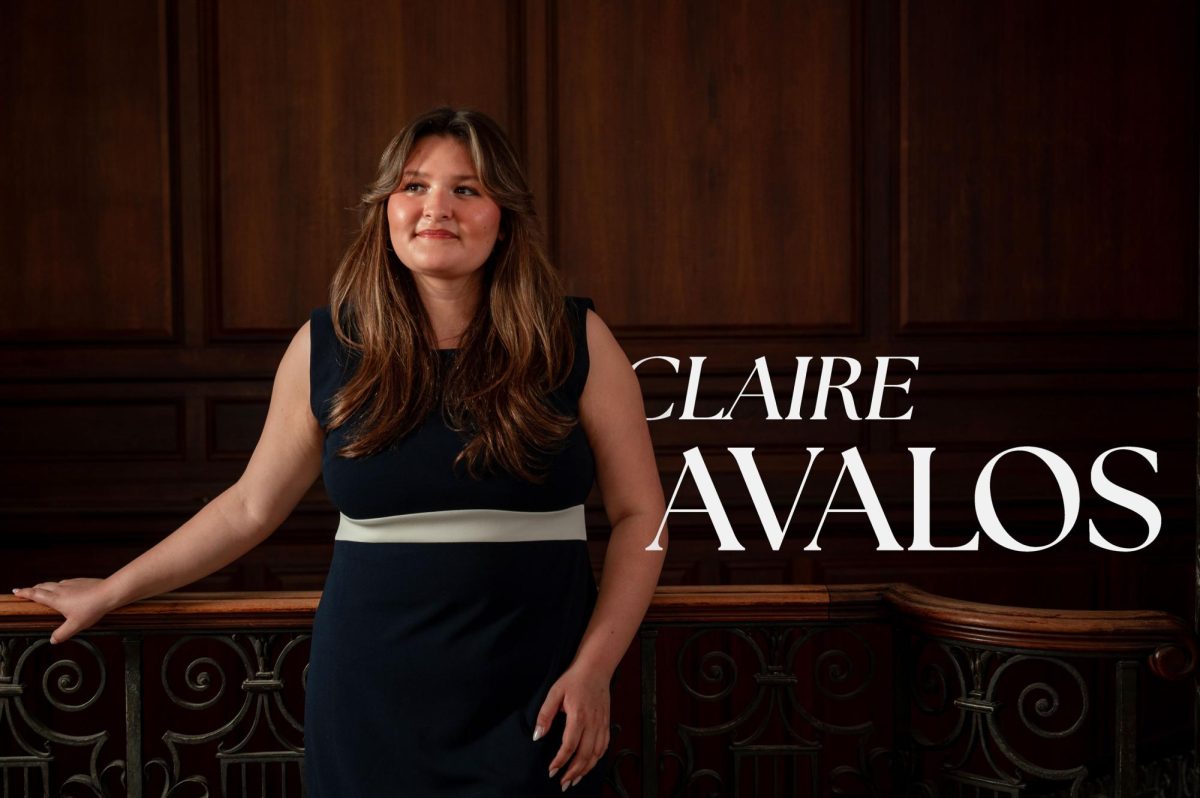
The University’s newest research center got off the ground with a 14-day series of events against gender violence, culminating in a launch event with big-name speakers like the White House advisor on violence against women. And director Mary Ellsberg said it wants to aim higher.
“We’ve got to go deep. We aren’t just going to have talks and activities on the yard,” Ellsberg, who was hired in May, said. “We really want to have partnerships with universities and groups all over the world, but right now we are starting at home.”
The institute is working as a three-person office without outside funds, usually a requirement for any research center to find success. Housed and funded by the Office of the Vice President for Research – not a specific school – Ellsberg said the institute will work across fields like law, economics and public health. The center will also add a faculty member next year in the Elliott School of International Affairs.
The center has a partnership lined up with the White House to research where it should funnel foreign aid. It’s also looking to link up the World Health Organization and Central American universities for research, Ellsberg said.
Ellsberg, who was vice president for research and programs at the International Center for Research on Women before coming to GW, is also planning a trip to the United Nations to discuss women’s issues next spring.
She said she has found a unique springboard for women’s activism at GW, where “people are just really anxious to see how they can help and how they can get involved.”
“I’ve worked for the Swedish government, the Nicaraguan government and usually women’s issues are not something people want to talk about. You spend a lot of time banging your head against the wall, trying to get people to listen to you and I’ve just had the opposite experience here,” she said.
The idea for the institute came after University President Steven Knapp prioritized two years ago women’s issues as a top field for GW research.
The organization is one of several to be launched over the next decade, according to a draft of the University’s strategic plan, which tentatively set aside $20 to $30 million for the GW-run think tanks.
Melissa Wong, co-president of the student organization GlobeMed, said the institute would enable students to get more involved in feminist activism.
“While the institute will hold fantastic events related to gender equality, it will also act as a powerful tool for faculty, students and administration to come together on global women’s issues,” she said.



